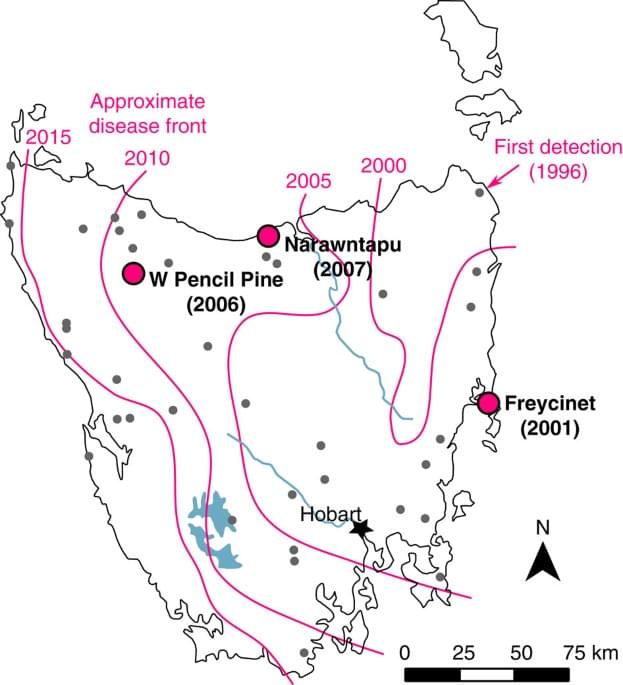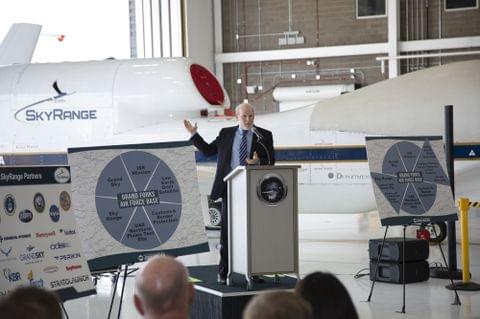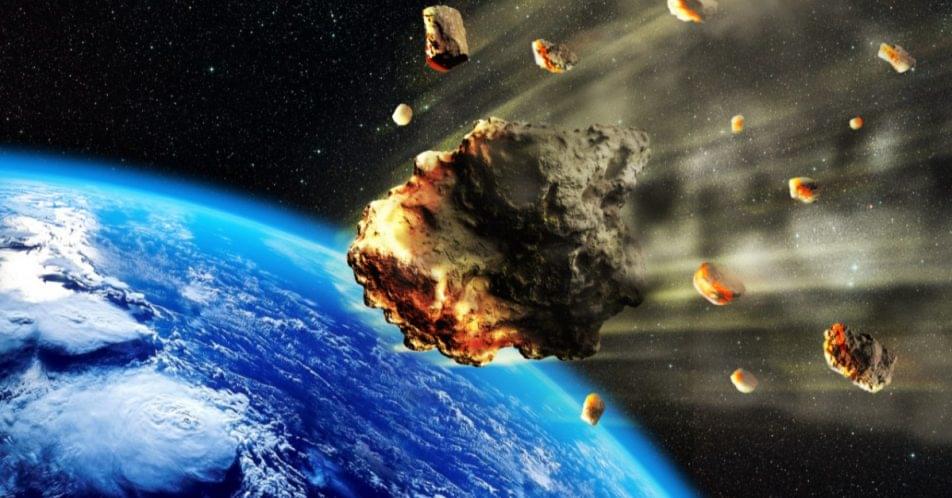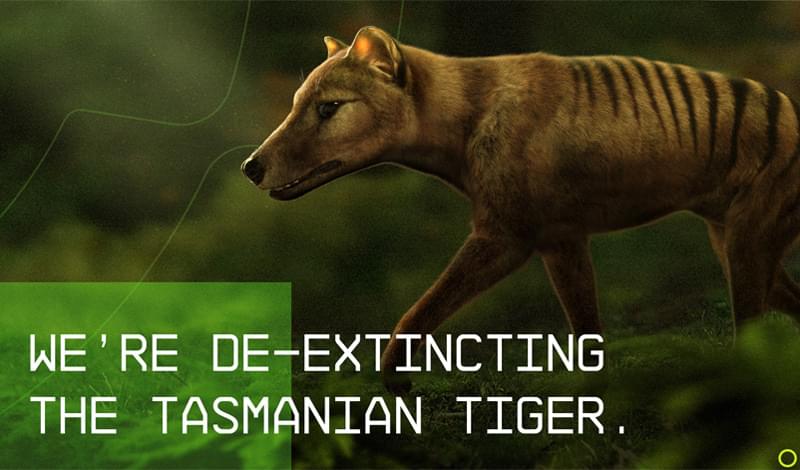It will be reconfigured to meet testing needs.
The giant drone, RQ-4 RangeHawk, will soon be used to support the development of hypersonic missiles in the U.S., its manufacturer, Northrop Grumman, said in a press release.
Hypersonic missiles are the newest frontier in the weapons race, with countries like Russia and North Korea laying claims to have successfully demonstrated this technology. The U.S. hypersonic missile program has faced a few hiccups with repetitive test failures. Last month, the U.S. Air Force confirmed that its Air-launched Rapid Response Weapon (ARRW) had been successfully tested, almost after a year after similar claims from Russia.
GRAND FORKS, N.D. – Aug. 24, 2022 – Northrop Grumman Corporation’s (NYSE: NOC) RQ-4 RangeHawk is poised to support the SkyRange program’s U.S. hypersonic missile flight tests from its Grand Sky facility near Grand Forks, North Dakota. SkyRange is the Department of Defense Test Resource Management Center’s (TRMC) unmanned high-altitude, long-endurance, responsive mobile flight test system.
In support of the SkyRange initiative, Block 20 and 30 RQ-4B Global Hawk aircraft are being transferred to TRMC to be reconfigured into RangeHawks. The conversion will integrate advanced payloads to equip the aircraft with the capability to support the testing of hypersonic vehicles and other long-range weapons. RangeHawks provide over-the-horizon altitude, endurance and flexibility, which are critical for collecting telemetry and other data to monitor the vehicle during flight tests. Increasing the capacity of hypersonic vehicle testing furthers research and development necessary to remain competitive in the global landscape.
“Our RQ-4 RangeHawks will support the emerging class of hypersonic weapons and provide a combination of range, endurance and payload capacity,” said Jane Bishop, vice president and general manager, global surveillance, Northrop Grumman. “These aircraft will continue their role in vital national security missions while enabling us to bring premier aircraft design, modification, operations and sustainment work to the Grand Forks community.”





